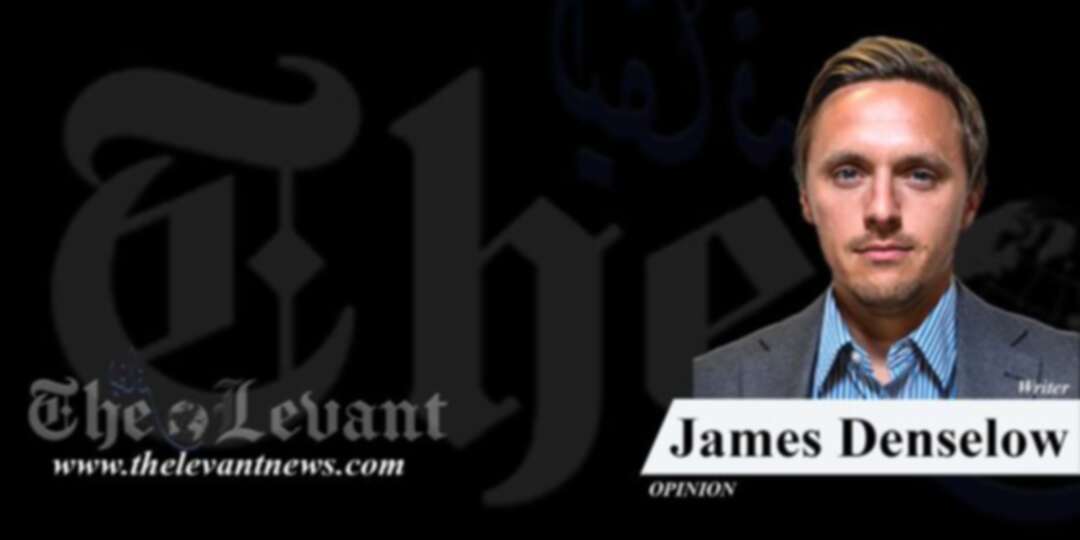-
Europe’s Test of Resilience

The Coronavirus is being described as a ‘challenge of a century’, a once in several generations test of the world’s resilience in response to a crisis. There is a stark contrast in how citizens of different countries have responded to date. Europe’s
The initial response in China was typified by the incredibly level of central State power on display. The shutting down of cities with millions of people, the rapid construction of hospitals, all the events in January that seem like a lifetime ago were a reflection of the character of the Chinese state and its people. In more negative terms so was the secretary and lack of transparency that led to medics becoming whistleblowers and perhaps delayed the world’s awareness as to what was happening.
In Iran the response beggared belief. In recent months the tight US-led sanctions have triggered a series of blunders from Tehran, from shooting down a passenger plane to having a Deputy Health Minister give a press conference in February in which he downplayed the seriousness of the virus, whilst appearing in obvious fever at the time.
The European response has cascaded following events in Italy. Governments have transitioned from issuing public health advice around washing hands to closing borders and ordering people to stay at home. The public’s response, certainly in the UK, has been mixed. This is an interesting test of the resilience of a society that has not suffered any domestic conflict or crisis on the scale of the Coronavirus in decades. Europe’s
Negatives took the form of panicked shopping. Very quickly supplies of hand gel and toilet roll ran low perhaps exacerbated by media and social media stories highlighting the shortages. Modern communications meant that scenes of empty shelves have been shared prolifically as have the few incidents of people even fighting over these once basic items.
Fighting a virus has its unique challenges but the philosophical side of the battle is almost between the way of life in the globalised developed world and the virus’s attempt to undermine it. Airplanes are grounded, supply chains stopped, sporting events that have a global supporter base are postponed. Suddenly people are having to look to their close vicinity to imagine potential physical quarantine for an unknown period of time.
More positive responses have circled around a realisation that this virus has the potential to decimate the elderly population and those with underlying health conditions. New networks have emerged across all technological platforms offering support an assistance to those who cannot afford to come face to face with the virus itself.
The UK’s approach has been far less draconian than Italy and France at this stage, explained away as reflecting where we are in the trajectory of the pandemic. It means that whilst some people are angry with the state for not providing more clear direction, others have the mandate to find their own solutions for the communities around them. Europe’s
Restaurants that have had their clientele advised not to attend their business have put out pleas for deliveries or for gift vouchers that can secure their long term future. The United Kingdom, from where I write, feels like a submarine preparing for the dive that will inevitable come into more harsher restrictions of movement and contact. We’re now doing everything we can to ensure that we can protect what is valued for when the worst has passed.
The ripple effect of a global economy that is entering a period of ‘de-growth’ but perhaps a longer chapter of ‘de globalisation’ is hard to predict. How many jobs will be lost? What sectors of the economy will die off? Is it even possible to imagine a return to a status quo that existed before Coronavirus or has too much changed too quickly.
In the shadow of the Coronavirus crisis and without much fanfare the date of the ninth anniversary of the Syrian conflict was marked in March. The counterpoint of some of the short term panic of Europeans who are completely alien to crisis, with the stoicism of so many Syrians that have endured so much is always striking. Europe’s
Covid-19 is also an important reminder of the butterfly effect of interlinked events and the impossibility of putting your head in the sand hoping that they won’t impact on you. Perhaps if Coronavirus forces those in safe, developed countries to reassess how lucky they are to have what they have, it could lead them to reassess their thinking towards those in countries like Syria who’ve lost so much. From resilience comes empathy and from empathy comes action. levant
You May Also Like
Popular Posts
Caricature
BENEFIT Sponsors BuildHer...
- April 23, 2025
BENEFIT, the Kingdom’s innovator and leading company in Fintech and electronic financial transactions service, has sponsored the BuildHer CityHack 2025 Hackathon, a two-day event spearheaded by the College of Engineering and Technology at the Royal University for Women (RUW).
Aimed at secondary school students, the event brought together a distinguished group of academic professionals and technology experts to mentor and inspire young participants.
More than 100 high school students from across the Kingdom of Bahrain took part in the hackathon, which featured an intensive programme of training workshops and hands-on sessions. These activities were tailored to enhance participants’ critical thinking, collaborative problem-solving, and team-building capabilities, while also encouraging the development of practical and sustainable solutions to contemporary challenges using modern technological tools.
BENEFIT’s Chief Executive Mr. Abdulwahed AlJanahi, commented: “Our support for this educational hackathon reflects our long-term strategic vision to nurture the talents of emerging national youth and empower the next generation of accomplished female leaders in technology. By fostering creativity and innovation, we aim to contribute meaningfully to Bahrain’s comprehensive development goals and align with the aspirations outlined in the Kingdom’s Vision 2030—an ambition in which BENEFIT plays a central role.”
Professor Riyadh Yousif Hamzah, President of the Royal University for Women, commented: “This initiative reflects our commitment to advancing women in STEM fields. We're cultivating a generation of creative, solution-driven female leaders who will drive national development. Our partnership with BENEFIT exemplifies the powerful synergy between academia and private sector in supporting educational innovation.”
Hanan Abdulla Hasan, Senior Manager, PR & Communication at BENEFIT, said: “We are honoured to collaborate with RUW in supporting this remarkable technology-focused event. It highlights our commitment to social responsibility, and our ongoing efforts to enhance the digital and innovation capabilities of young Bahraini women and foster their ability to harness technological tools in the service of a smarter, more sustainable future.”
For his part, Dr. Humam ElAgha, Acting Dean of the College of Engineering and Technology at the University, said: “BuildHer CityHack 2025 embodies our hands-on approach to education. By tackling real-world problems through creative thinking and sustainable solutions, we're preparing women to thrive in the knowledge economy – a cornerstone of the University's vision.”
opinion
Report
ads
Newsletter
Subscribe to our mailing list to get the new updates!




















